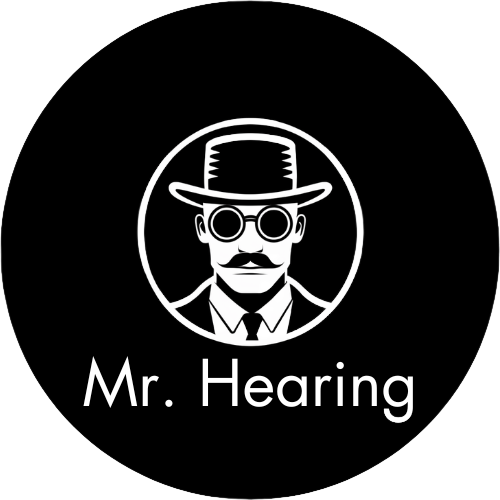Introduction
Hearing loss can be a frustrating and isolating experience. Fortunately, hearing aids can help you to reconnect with the world around you and improve your overall quality of life. But, with so many options available on the market, choosing the right hearing aid can be overwhelming. In this post, we’ve put together some tips to help you select the best hearing aids for your needs.
Identify Your Needs
The first step in choosing the best hearing aid is to assess your hearing needs. Consider your lifestyle, your communication needs, and any specific challenges you may face due to your hearing loss. Next, consult with an audiologist who can help you to identify the type and degree of your hearing loss, as well as recommend the best hearing aids for your specific needs.
When you visit your audiologist, they will conduct a hearing test to assess your hearing loss and determine which type of hearing aids would be most appropriate for you. They may also take your lifestyle and communication needs into account when recommending hearing aids.
Choose the Right Style
Hearing aids come in a variety of styles, and choosing the right one is important for both comfort and effectiveness. The most common styles of hearing aids are in-the-ear (ITE), behind-the-ear (BTE), and completely-in-canal (CIC).
ITE hearing aids are custom-made to fit your ear, and are usually the most visible type of hearing aid. BTE hearing aids sit behind the ear and are connected to a custom earpiece that fits inside the ear. CIC hearing aids are the smallest type of hearing aid and sit completely inside the ear canal, making them virtually invisible.
Consider Additional Features
Many hearing aids come with additional features, such as noise reduction, directional microphones, and Bluetooth connectivity. These features can improve the performance of your hearing aids in specific situations, such as noisy environments or when using a phone or other electronic device.
When considering additional features, it’s important to also consider your budget. While some features may be useful, they may also come at a higher cost. Be sure to talk to your audiologist about which features are most important for your needs and budget.
Conclusion
Choosing the best hearing aids can be challenging, but with the help of an audiologist and by considering your specific needs, you can find the right hearing aids to improve your quality of life. Remember to assess your needs, choose the right style, and consider additional features when making your decision.
